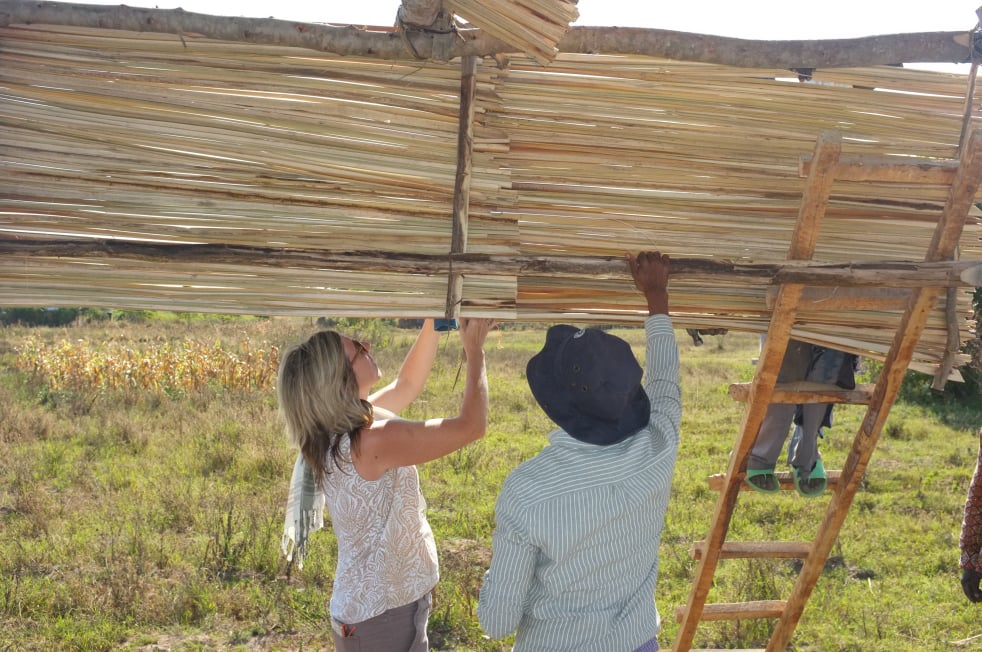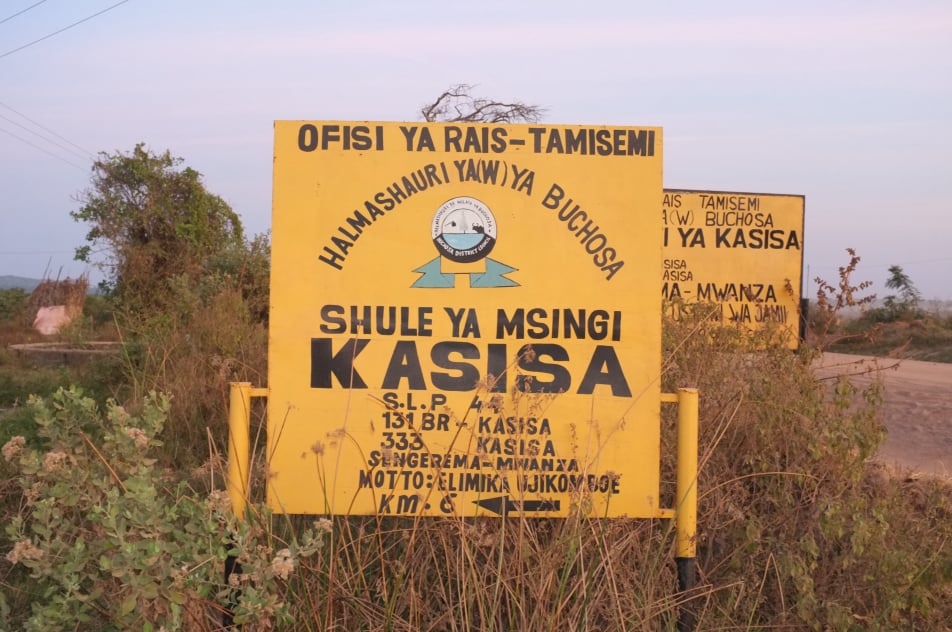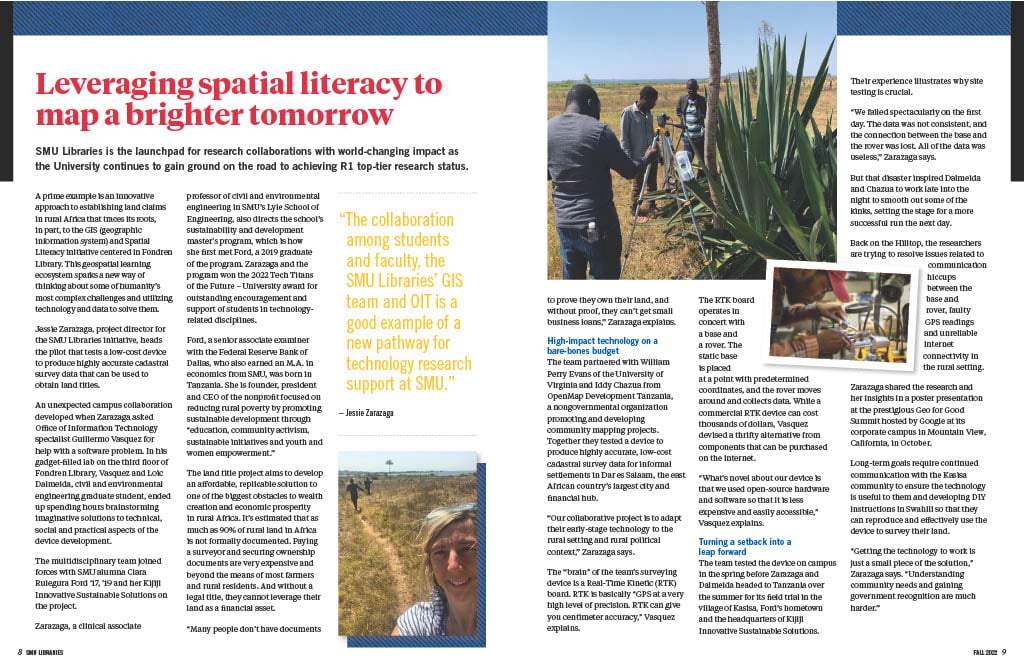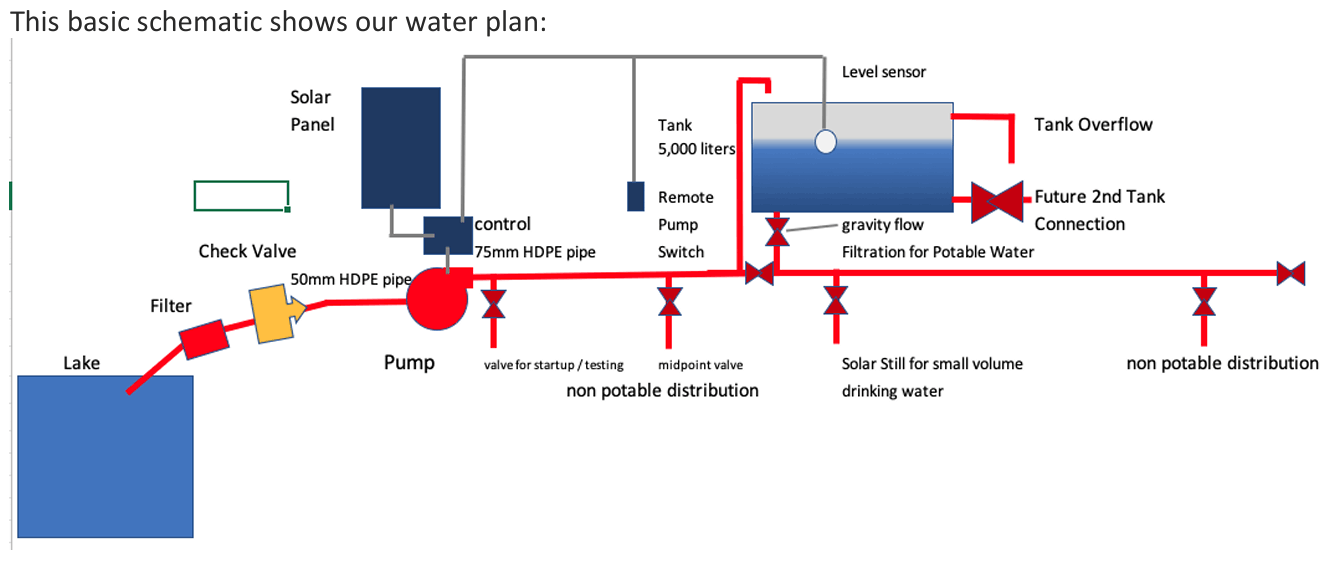Sustainable Fencing
In the summer of 2020 the focus was on the development of a sustainable fence for the land.
Read the full post here.
Phase I of the Kijiji Project was completed over the summer of 2020, with a focus on the development of a sustainable fence for the community center that Clara Ford, Founder and CEO of the Kijiji Innovative Sustainable Solutions (KISS), aspires to build in Kasisa, Tanzania. Over 8000 miles, or an 18-hour flight, from Kasisa, the team pushed through, leveraging technology to keep the lines of communication open.
From these solutions, Zaheer and Grace came up with two proposals that focused on a combination of a living wall fence and chain link fence to provide both protection from the cows and an aesthetic appearance to surround the future community center. Then, they delivered a virtual presentation of a cost analysis of both proposals to the KISS board and two local Tanzanian point-of-contacts.

The goal of Phase I was to find a solution that could be integrated into this specific community and replicated in other surrounding communities. Starting with the fence is crucial to ensure that the land for the future community center will be protected from livestock eating or damaging vegetation. The findings resulted in three viable solutions that could potentially be applied in the rural community: chili oil fencing, beehive fencing, and a living wall fence.
Upon delivery of the report titled Building Fences to Build Connections, we shifted gears to prepare for our next phase of the project. Throughout the Fall 2020 and Spring 2021 semesters, we will focus on facilitating the development of the business plan for the Kijiji social enterprise and a local student-led competition for what they would like to see in the architectural designs for the community center.



